Death has a Line of Work for Women
Caring for the dead is a service most of this country forgets, pushing it to the backs of their minds until it becomes present in their reality, until they need a caregiver. They need support and someone to entrust in their deceased loved one’s needs. In many cultures, caregiving has been a woman’s role for centuries; seeing as women are involved with the creation of life and are a societal symbol of care, so why should they not be the same at the funeral home?
When I stepped into my first day of class for Intro to Funeral Service and Funeral Service History, I was expecting to see a good mix of men and women. As everyone seemed to have settled into the chilled classroom, I looked around to see the chairs filled with only women. It made our conversations in class feel enriched with empathy and sympathy as women tend to have a “superiority in the empathy department…” as Ralph L. Klicker and Joan J. Klicker put it in their book A Walk Through Time: A History of Funeral Service. From Greek culture to Chrisitan families, to Hebrew traditions, and colonial America; women have been held responsible for taking care of the dead. From “washing, dressing and anointing the body… because it was considered a household task.” Women are known to create life in their wombs, give birth, and thus, they complete the cycle by caring for their dead or other families’ dead.
I stood before Christina Campbell with my phone in my hands as I began to record our conversation. Her pink flowered mask slid down the bridge of her nose as she explained to me her past connections in the funeral service, taking short breaks to pinch the top of her mask to pull it back over her nose. Her eyes traveled from my own, to another classmate waiting to ask about our upcoming final, and to the space between us. Her first full exposure to working in a funeral home was “setting up chairs, setting out flowers… take obituaries to the local newspaper, use my bicycle to take death certificates to the nearest hospital… that was the way I got my full exposure to being around death.” Her curiosity to know what being a funeral director really meant drove her to ask her first employer if she could witness an embalming for the first time in sophomore year of high school. She didn’t want to seem “like a total creep-oid,” but she wanted to see what goes on behind the scenes. She got up from her desk chair in class, acting out how she slowly approached the embalming table, the interest tempting her closer and closer until she was looming over the table and practically in her employer’s way. As a sophomore in high school and working in a funeral home, she did not truly experience any hesitation from families and fellow funeral directors until she came into the field.
Christina picked at her red nail polish as she carried on in our conversation, “I wanted to do something meaningful, I wanna do something that has a purpose… people were so gracious, I was doing something that was making a difference.” She drew my attention to the white speckles of paint that were on the laptop table that she began to pick at after I asked her if she experienced any hesitation in the field. She replied saying she was not “always received very kindly.” That if you were the only female in the funeral home, you felt it. They dressed her in male clothing, “made me wear men’s ties.” Breaking her own definitions of gender expression clearly made her feel uneasy and unwelcome. While talking, she continued to pick at her fingers, standing up to adjust her suit jacket before putting her knee down on the seat to sit on her leg. She was constantly feeling like she had to prove herself. For instance, during her first time as a funeral director, her employer gave her “bottom of the barrel assignments…. the car incident one, they could have had the men do it. But they wanted to know: ‘could Christina handle scrapping people up off the ground?’” She did the assignments because she firmly believed she had to prove to them that she could handle the environment.
– – –
As of recent years, there have been plenty of women introducing new forms of disposition, mostly green burials. Katrina Spade, is the founder and CEO of Recompose, human composting. This process takes place in a white capsule where the body is placed with wood chips, plant cuttings, alfalfa, and a biodegradable shroud. There are no harmful fumes that emit from this process, and at the end of it, the person is no longer human. They are compost, used in spreading in gardens, forests, and fields. It is one of several green burial options that is now legal in the state of Washington, Oregon, and Colorado. Women coming into the mortuary field are bringing a new view on burial alongside their kindness and empathy. As my class stepped into the cremation room at Horan & McConaty Crematorium, our guide Michael Wellensiek mentioned that it is mainly women who run the cremations and run their care center. With how chaotic the care center can be, being in the company of other women could certainly lighten the load that comes with serving the deceased and their families.
– – –
I followed the silence with my final question, “what advice would you give to the many women who are exploring or going into this field for the first time?” Her eyes softened as she gave off a surprised and deep thinking hum. I’m left to assume she never had this question before, but she quickly responded while pulling her shoulders back to fix her posture. “Make sure you stay true to you, lots of people are going to want to change you into what they want from you.” There is power in staying true to who you are, and it can help aid you against manipulation. Christina learned this the hard way after being placed into a gender role that did not feel comfortable to her, especially with the gut wrenching assignments that followed the suit and tie she had to wear. She once again adjusted herself while seated, spinning the chair beneath her. She looked to me and to my classmate, Elizabeth, and added: “Women… we are the future of funeral service.”



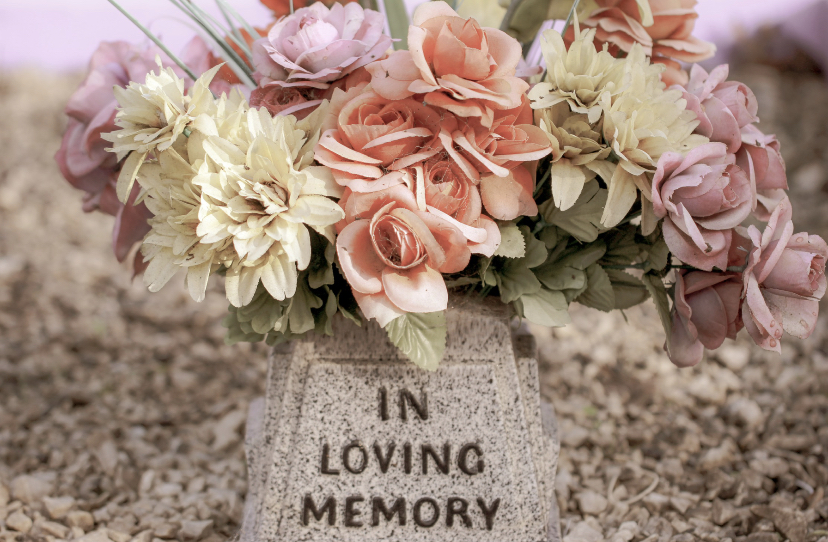

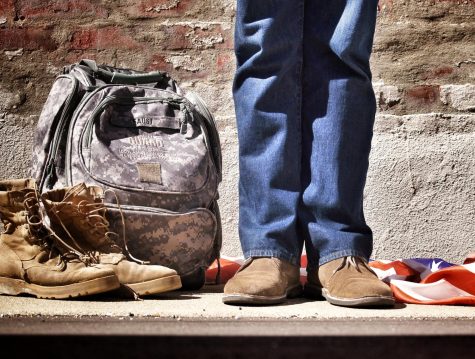

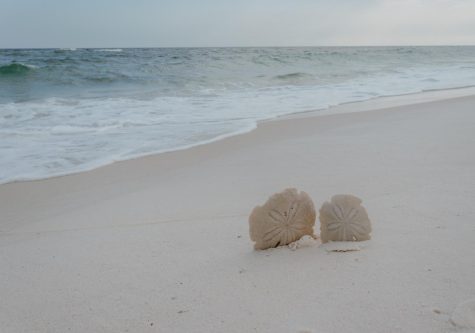
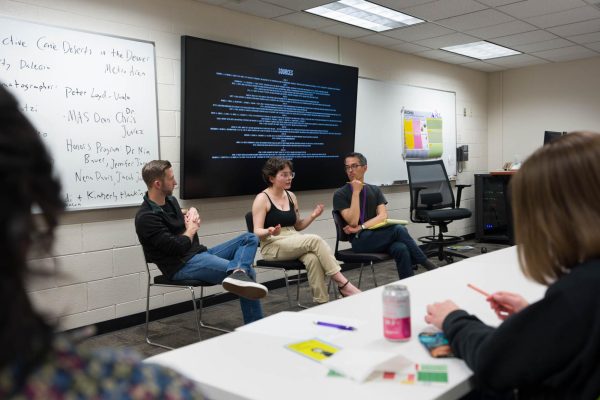
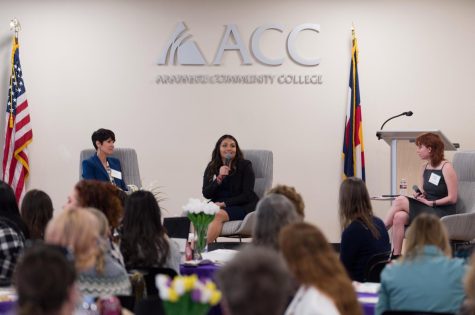
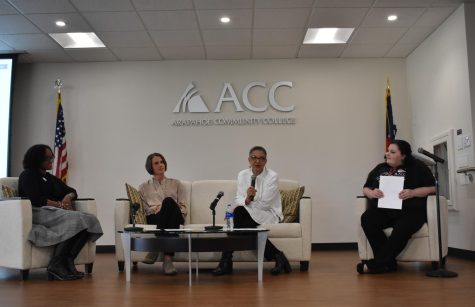
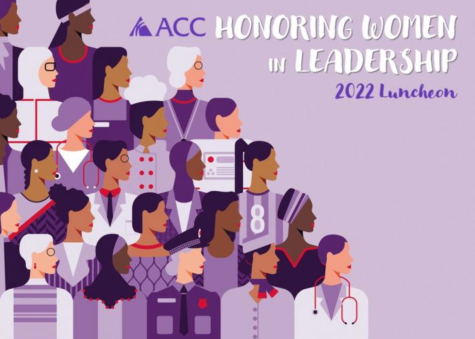
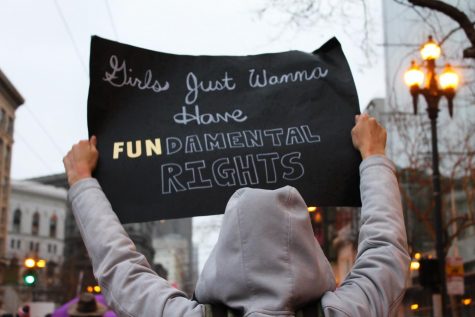
Andrea Mason • Jul 25, 2022 at 10:20 am
Congrats, Jocelyn! It’s great to see this piece published!
Danielle Staples • Jul 19, 2022 at 8:10 am
I worked at a funeral home in my youth, receiving flowers and cleaning. I witnessed many services during that time. The support given to families can be imperative to the healing process during the early stages of loss and grief. It is a very fulfilling career for those that want to give back to their community. Thank you for sharing this story.